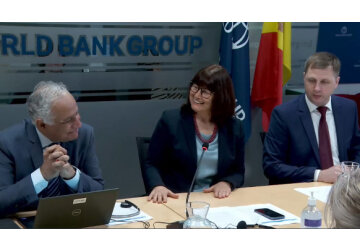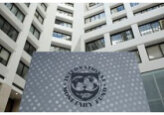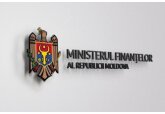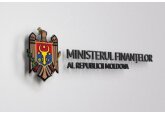
The World Bank recommends that the Moldovan authorities return to a progressive income tax rate.
According to the World Bank study “Public Finance Analysis. Tax Policy Focused on Sustainability and Economic Growth”, which was presented on Tuesday as part of the Economic Press Club, the collection of personal income tax in Moldova is constrained by structural inefficiencies. It is primarily related to the unequal distribution of wages: many exemptions and benefits, difficulties in tax administration, as well as a large share of the workforce that remains in the shadow sector (about 23% in the last 3 years) make tax collection difficult. It is noted that labor taxation in Moldova does not promote formal employment and tax compliance, and the system of exemptions is difficult to manage. WB economists analyzed the application of income tax in economies similar to Moldova and found that the most effective is the progressive system of application of income tax with the first step of 0%. Such schemes are used in Albania and Kosovo. For example, modeling the scheme used in Albania, it is possible to set three levels of income tax rates in Moldova, and tax incomes up to the equivalent of 48 thousand lei at a rate of 0%. If a system similar to that in Kosovo is used, then four levels of income tax rates with a threshold threshold can be applied, and incomes up to 16.8 thousand lei are taxed at a rate of 0%. If the Albanian system is applied in Moldova, the poverty level will slightly decrease - by 0.1 percentage points, and households with 2 adults and 3 children will suffer the most from such a scheme, while households with an adult working-age population will feel the benefits. The adaptation of the Kosovo system would have a negative impact on poverty and incomes, and the income of taxpayers who do not pay income tax today would be taxed at the rate of 8%. As a result, the Kosovo model could lead to an increase in the number of poor by 0.3 percentage points. WB experts also consider it necessary to consolidate and optimize tax expenditures, taking into account international best practices and analysis of the importance and effectiveness of the existing system. For example, it is recommended to abandon the regressive taxation of self-employed persons, patent holders, liberal professions, etc. In the future, the system of deductions and exemptions should be reviewed.// 13.06.2023 — InfoMarket







